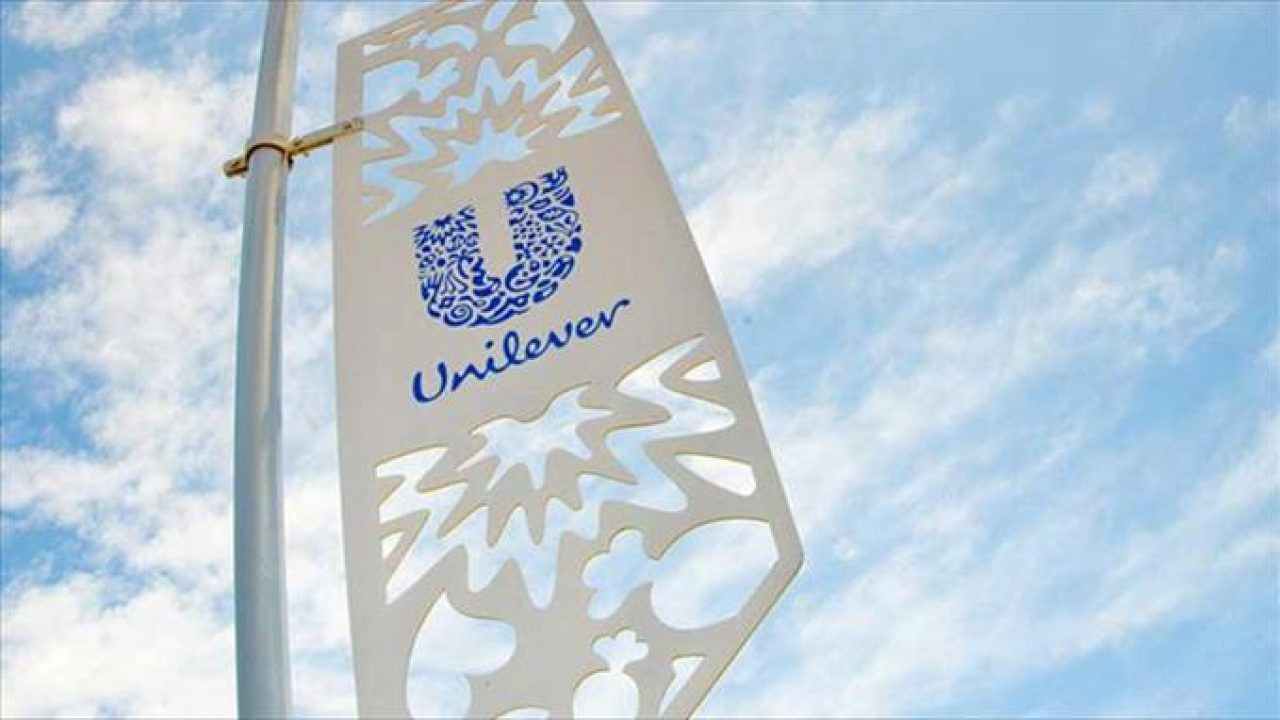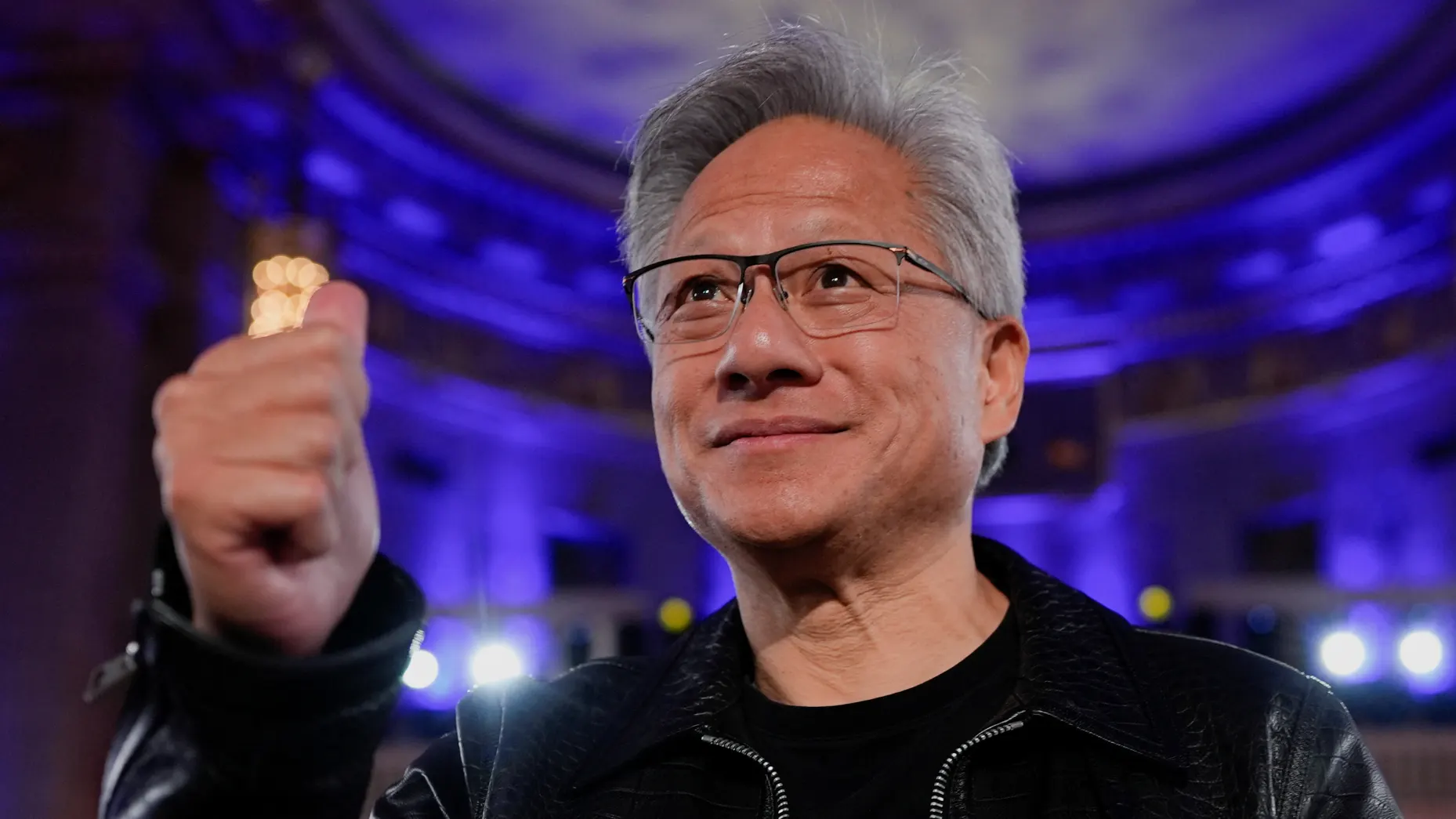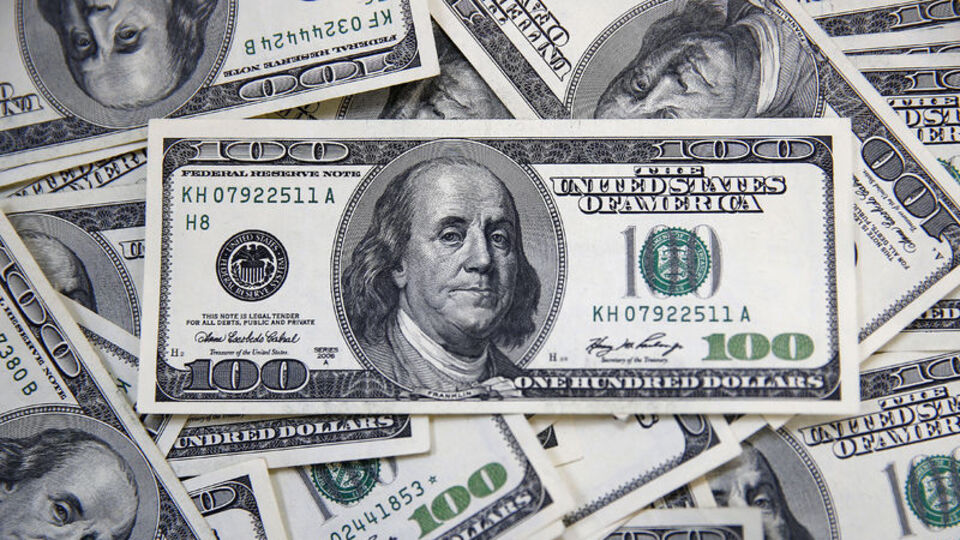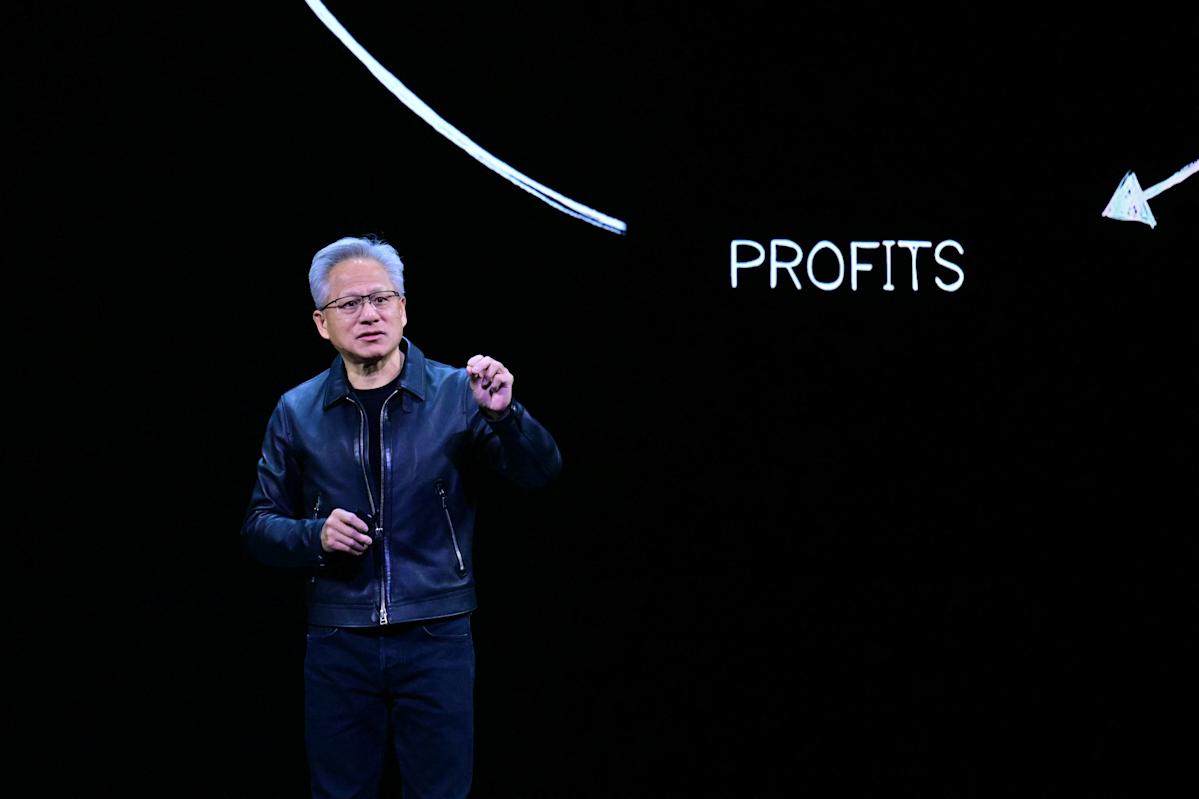
The obstacle of Unilever on Palestinian ice cream is being discussed.


Unilever is a globally recognized food and beverage giant. Recently, the company has been particularly attention-grabbing with its social responsibility projects. However, Ben Cohen, one of the founders of the Ben & Jerry's ice cream brand, claimed that Unilever prevented the production of a special ice cream for Palestine. This situation has sparked various discussions both on social media and in the general public.
Cohen stated in a post on the social media platform X that Unilever did not grant the necessary approval for the production of watermelon-patterned ice cream. This ice cream was notable for its features symbolizing Palestine and carried an important social message. However, does Unilever's move contradict its social responsibility rhetoric? How does this affect the company’s image in the global market?
As both a Jewish-American businessman and an active human rights advocate, Ben Cohen sought support from his followers on this issue. This situation can be seen not just as a campaign conducted through an ice cream brand, but as part of a broader social movement. It is likely that certain minds, known for their sensitivity to human rights violations in Gaza, may alter their attitudes toward Unilever and its brands.
Unilever's decision raises questions about the ethical stance of the brand. In an age where consumers make conscious choices, such decisions can have significant economic and social repercussions in the market. By not establishing clear communication regarding this matter, the company is creating uncertainty in the public eye and potentially leading to customer loss.
In conclusion, the perception of ice cream transcending mere taste and becoming a symbol of human rights and social justice necessitates reflection on this issue. The ramifications of Unilever's decision are connected not only to its internal dynamics but also to the social responsibility perceptions of global brands.
Benzer Haberler
.png)
Yakında Tüm Platformlarda
Sizlere kesintisiz haber ve analizi en hızlı şekilde ulaştırmak için. Yakında tüm platformlarda...








.png)